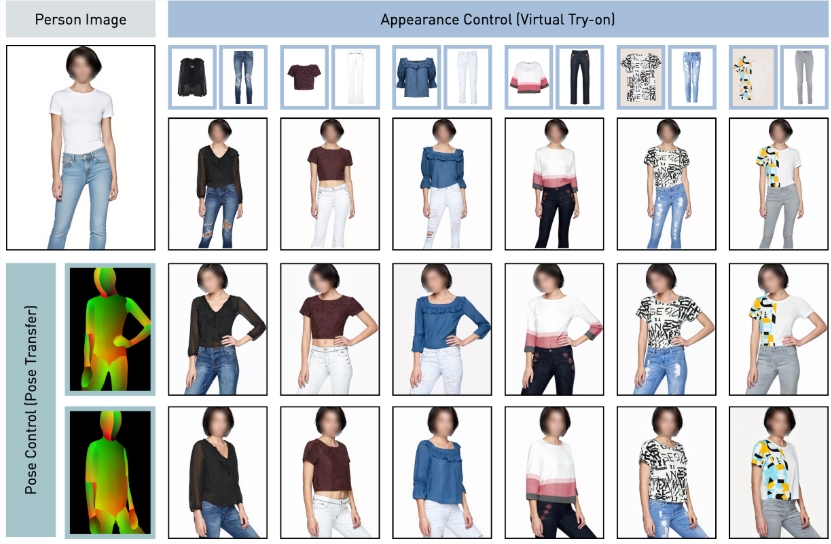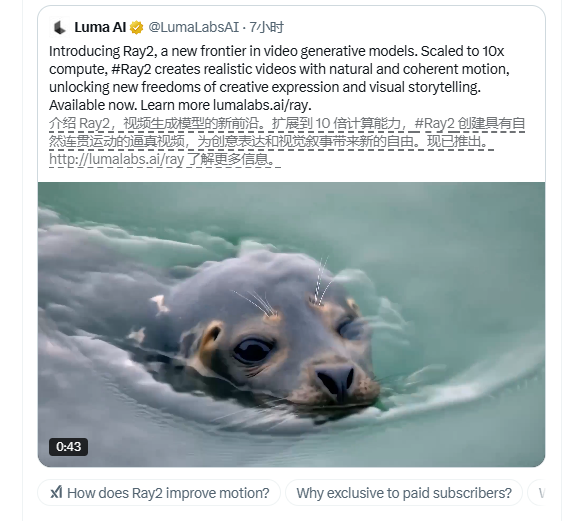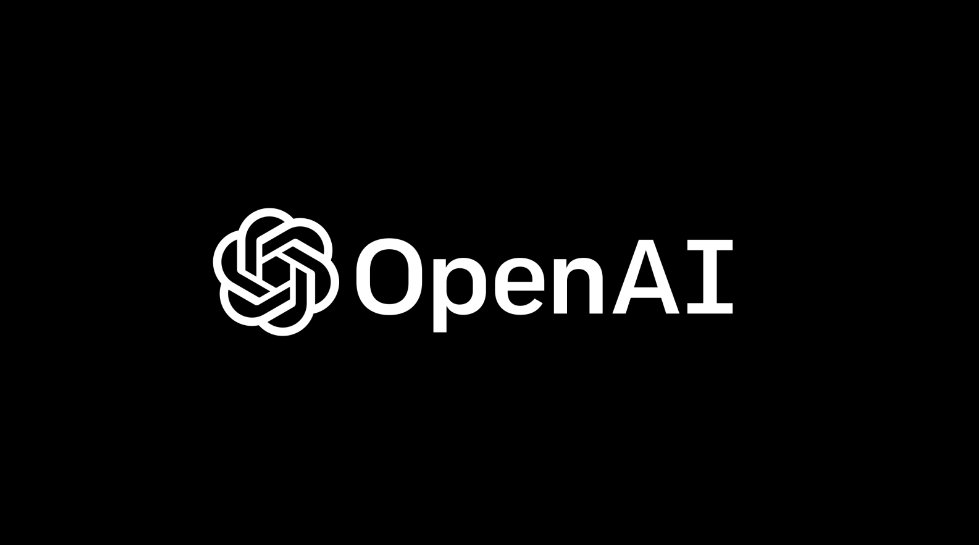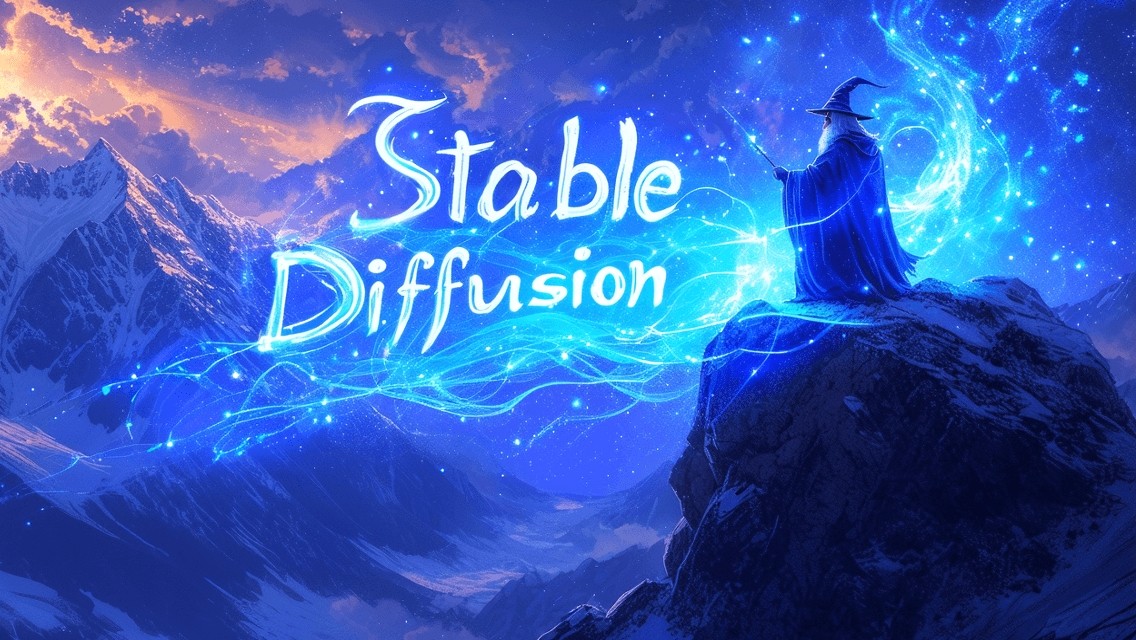Recently, Meta officially launched an open source AI virtual try-on framework called Leffa. This framework aims to improve the user's dressing experience by generating new images, and users can switch between different outfits and poses based on reference images. Leffa performs better at preserving details and reducing image distortion than previous methods.

The launch of Leffa brings new possibilities for online shopping and virtual try-ons. Users only need to upload a reference picture, and the system can generate a new outfit based on the picture. This means that consumers can more intuitively understand the effect of these clothes on themselves before purchasing clothes, reducing the trouble of returning or exchanging goods due to inappropriate fit.
Meta said that Leffa’s design has been optimized many times to better handle details and structures in images, ensuring that the results generated are more natural. Traditional virtual try-on tools often suffer from distortion and loss of details when generating images, but Leffa greatly improves this phenomenon through advanced algorithms.
In order to allow users to experience this new technology, Meta has also launched a demo version on the Hugging Face platform, which users can try directly online. At the same time, Meta also provides the complete code and related documents of the project, encouraging developers and researchers to participate in this open source project and jointly promote the advancement of virtual try-on technology.
As virtual try-on technology continues to develop, the future fashion shopping experience will become more personalized and convenient. Users no longer need to rely on the display of models and can choose clothing according to their own needs and preferences, which greatly improves the fun and efficiency of shopping.
Project: https://github.com/franciszzj/Leffa
Model: https://huggingface.co/franciszzj/Leffa
Online experience: https://huggingface.co/spaces/franciszzj/Leffa
Highlight:
Leffa is an open source virtual try-on framework launched by Meta that can generate new images based on reference images.
This framework can effectively reduce image distortion, retain more details, and improve the virtual try-on experience.
Users can try Leffa on the Hugging Face platform, and Meta provides the complete project code.
AI courses are suitable for people who are interested in artificial intelligence technology, including but not limited to students, engineers, data scientists, developers, and professionals in AI technology.
The course content ranges from basic to advanced. Beginners can choose basic courses and gradually go into more complex algorithms and applications.
Learning AI requires a certain mathematical foundation (such as linear algebra, probability theory, calculus, etc.), as well as programming knowledge (Python is the most commonly used programming language).
You will learn the core concepts and technologies in the fields of natural language processing, computer vision, data analysis, and master the use of AI tools and frameworks for practical development.
You can work as a data scientist, machine learning engineer, AI researcher, or apply AI technology to innovate in all walks of life.







